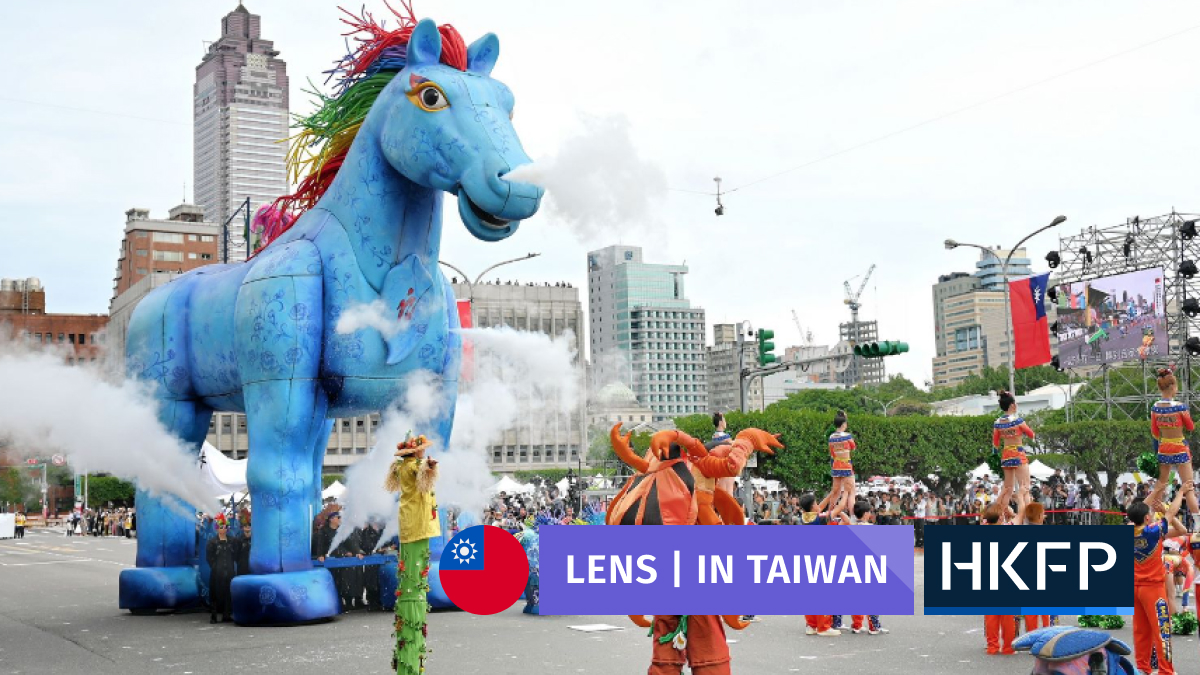Psychiatrists should be included in government-funded homeless outreach teams in Hong Kong to help refer street sleepers with mental illness to public hospitals for treatment, an advocacy group has said.

The city’s homeless population, which stood at 1,564 in March last year, is in need of better psychiatric support, the Society for Community Organization (SoCO) said on Sunday when it released a study based on 13 street sleepers currently under psychiatric treatment.
The NGO cited long waiting times at specialist clinics and expensive transportation costs as reasons why some respondents were reluctant to seek treatment. Ah Wai, a 40-year-old street sleeper based in Sham Shui Po, told SoCO that he only met his doctor for about three minutes after waiting at the clinic for several hours.
“The doctor would usually ask me three questions – whether I could eat, whether I could sleep and if I had any problem,” Ah Wai said, according to SoCO’s study conducted between November 28 last year and January 31 this year.
Another street sleeper Ah Shing, 55, who showed signs of depression, said he waited for two years before meeting a psychiatrist for the first time.
Waiting time varies
According to figures released by the Hospital Authority, the city’s psychiatry specialist outpatient clinics saw 47,879 new case bookings last year. The median waiting time for patients with urgent conditions was around one week, while the median waiting period for semi-urgent cases was between three to four weeks, depending on the district.

The median waiting time varied more drastically among patients in a stable condition, who made up of 75 per cent of the new cases. Patients visiting clinics in Hong Kong Island East saw a median waiting time of 16 weeks, while the median waiting time in New Territories East was 63 weeks.
A separate study released by SoCO in September last year found that close to 40 per cent of the 109 homeless individuals they interviewed experienced “emotional instability,” but only 20 per cent of the respondents received psychiatric treatment.
The lengthy wait and short consultation times reduce the patient’s willingness to return for check-ups and may hamper their recovery progress, SoCO said on Sunday. Some respondents also showed little understanding of their diagnosis and did not know what type of medication they had been prescribed. Their lack of awareness would cause some to take their medicine irregularly, or adjust the dosage by themselves, the NGO said.
Community support
Only two of the 13 street sleepers surveyed had taken part in activities organised by the Integrated Community Centre for Mental Wellness. The initiative was launched by the Social Welfare Department in 2010 across all districts in Hong Kong, with an aim of providing community support and social rehabilitation services for anyone recovering from mental illness, those with suspected mental health issues, and their families and caretakers.

SoCO said that, while the activities helped recovering mental health patients significantly, many homeless individuals were not aware of such services and resources and hence did not benefit form the initiative.
“It makes recovering mental health patients who are homeless more isolated and helpless,” the NGO said.
SoCO suggested the city could consider adding psychiatrists to the four homeless outreach teams subsidised by the government. It said only one psychiatry nurse was added to the outreach team in 2020, who had no authority in diagnosing the homeless residents or referring those with mental health issues to public hospitals for treatment.
“Doctors in the outreach team can intervene immediately and conduct assessment, and refer [the homeless individual] to psychiatry specialists for help,” the NGO said.
The advocacy group also called on the Hospital Authority to increase manpower and assign community nurses to follow up on homeless individuals under psychiatric treatment.
Support HKFP | Policies & Ethics | Error/typo? | Contact Us | Newsletter | Transparency & Annual Report | Apps
Help safeguard press freedom & keep HKFP free for all readers by supporting our team

LATEST FROM HKFP
HKFP has an impartial stance, transparent funding, and balanced coverage guided by an Ethics Code and Corrections Policy.
Support press freedom & help us surpass 1,000 monthly Patrons: 100% independent, governed by an ethics code & not-for-profit.










